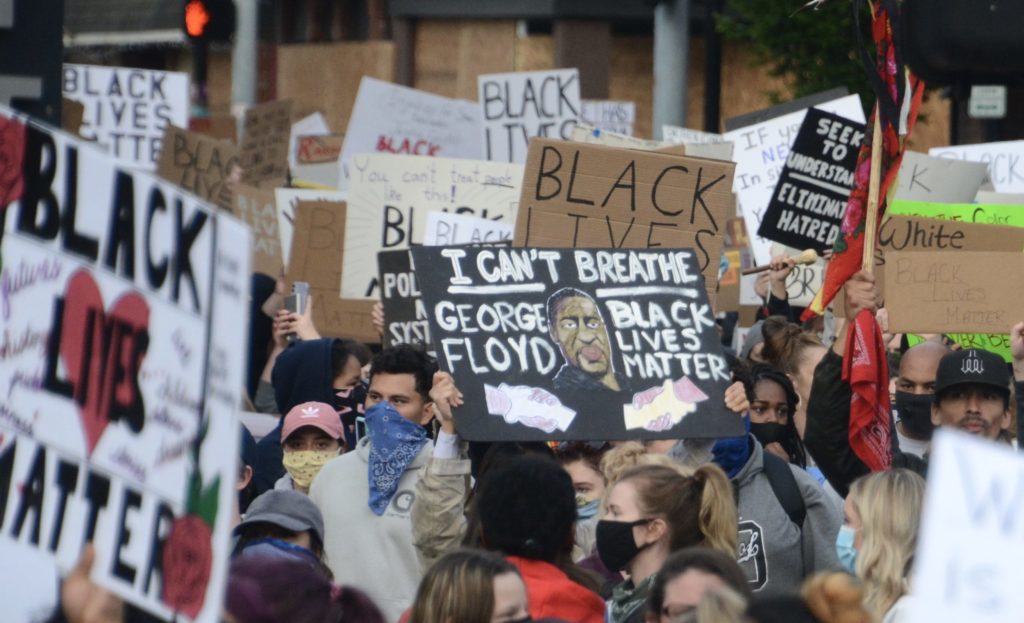Why We Can’t Have ‘an Honest Conversation about Race’
Originally published at National Review- Categories
- Human Exceptionalism
We always hear that the U.S. has to engage “a deep and honest conversation about race.”
That’s good. We need to work out how to move past our nation’s greatest historical failing.
But “conversation” doesn’t mean what it used to. You see, that word implies openness to diversity of expressed thought. But these days, one has to agree with the BLM, “structural racism,” and/or “critical race theory” sides of the topic even to be allowed to express an opinion. And if you don’t, CANCELED, baby!
This intolerance just cowed the American Medical Association. Apparently, an AMA podcast interviewer, a doctor at UCLA Health named Edward Livingstone, was insufficiently sensitive in the way he approached the discussion about structural racism in medicine. Administrators at the David Geffen School of Medicine and UCLA Health pounced (my emphasis):
While we respect each individual’s right to express his or her opinion, their views do not represent UCLA Health. On behalf of DGSOM and UCLA Health leadership, we write to acknowledge the harm inflicted, and to help begin to repair them, at a minimum, through solidarity. We have spoken to Dr. Livingston, and will be facilitating a Restorative Justice session with his department and the DGSOM Office of Equity and Diversity Inclusion.
Yikes! I hate the smell of social fascism in the morning.
Aaaand, before you could say, “You are outta here!” Dr. Howard Bauchner, editor-in-chief of JAMA and the JAMA Network, removed the podcast from the AMA online site. From his cancellation notice:
The podcast on structural racism based on the discussion between Dr Ed Livingston and Dr Mitch Katz has been withdrawn. Comments made in the podcast were inaccurate, offensive, hurtful, and inconsistent with the standards of JAMA. Racism and structural racism exist in the U.S. and in healthcare. After careful consideration, I determined that the harms caused by the podcast outweighed any reason for the podcast to remain available on the JAMA Network. I once again apologize for the harms caused by this podcast and the tweet about the podcast. We are instituting changes that will address and prevent such failures from happening again.
In other words, only one opinion allowed.
There are a lot of people who disagree about the existence of structural racism, and what it even means or portends for the future of race relations in this country. I, for one, would have appreciated hearing what the interviewer had to say — and if I disagreed, fine. If I were offended, fine. If I got angry, fine. That’s the nature of honest conversations among adults.
But spiking the thing doesn’t permit that. Like I said, we really can’t have an honest conversation about race anymore because the powers that control our discourse won’t let us.
